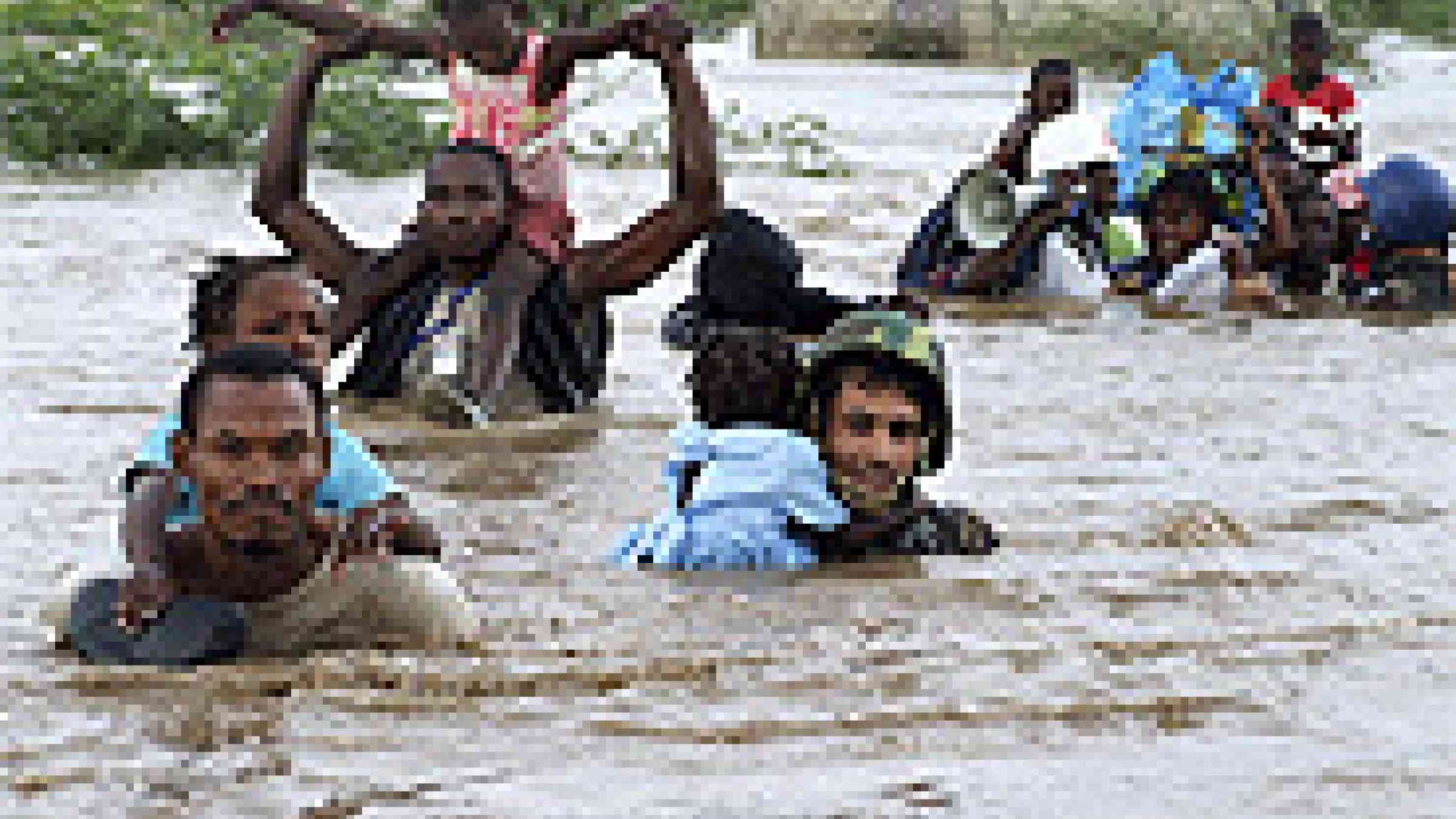UK conference marks international day for disaster reduction

Improving the way scientists, NGOs and policy makers work together to address natural disasters will be the focus of a one-day conference at the Royal Society in London on Wednesday, 13th of October.
Over 150 experts from the UK ‘disasters community’ will explore how research, policy and humanitarian sectors can combine their experience, skills and expertise to reduce the widespread loss of life and economic damage caused by natural disasters such as floods, volcanoes, earthquakes and tsunamis.
The event is part of the UK’s contribution to the United Nations Day for Natural Disaster Reduction, which is observed annually on the second Wednesday of October as a vehicle to promote a global culture of natural disaster reduction, including disaster prevention, mitigation and preparedness.
“Population growth and increased urbanisation means that natural hazards are causing greater damage and affecting more people than ever before - particularly vulnerable communities in developing countries,” says Professor John Rees, leader of the Natural Hazards programme at the Natural Environment Research Council (NERC).
“The World Bank has determined that every dollar spent in preparing for a natural disaster saves seven in response. As the UK braces for wide-reaching spending cuts, this conference will examine how to better combine research, humanitarian and policy interests to address natural hazards risks and ensure the UK’s efforts to research, respond and reduce the impact of disasters are better informed.” Hundreds of thousands of people are killed each year and millions injured, displaced or have their livelihoods destroyed by natural disasters.
Recent events in Haiti, Pakistan and China emphasise how devastating the effects are and the urgent need for a more coordinated response to disaster prevention, preparedness and recovery. “By far the most common disasters are those triggered by weather and climate,” says Dr. Tom Mitchell, Head of the Climate Change Programme at the Overseas Development Institute, and one of the conference speakers. “Understanding the impact of climate and environmental change and how to integrate this into disaster risk management policies is a particular focus of this event. We will be launching a new approach called ‘climate smart disaster risk management’ at the conference that looks to do this. ”
Other speakers include international experts Andrew Maskrey, Senior Coordinator for the UNISDR Global Assessment Report on Disaster Reduction, and Professor Gordon McBean, Chair of the new International Science Union programme on Integrated Research on Disaster Risk (IRDR).
'Disasters: Improving the evidence base for prevention, resilience and emergency responses' is a joint initiative between the UK Collaborative on Development Sciences (UKCDS), the Strengthening Climate Resilience programme (led by the Institute of Development Studies), Enhanced Learning and Research for Humanitarian Assistance (ELRHA), the Wellcome Trust and The Royal Society.